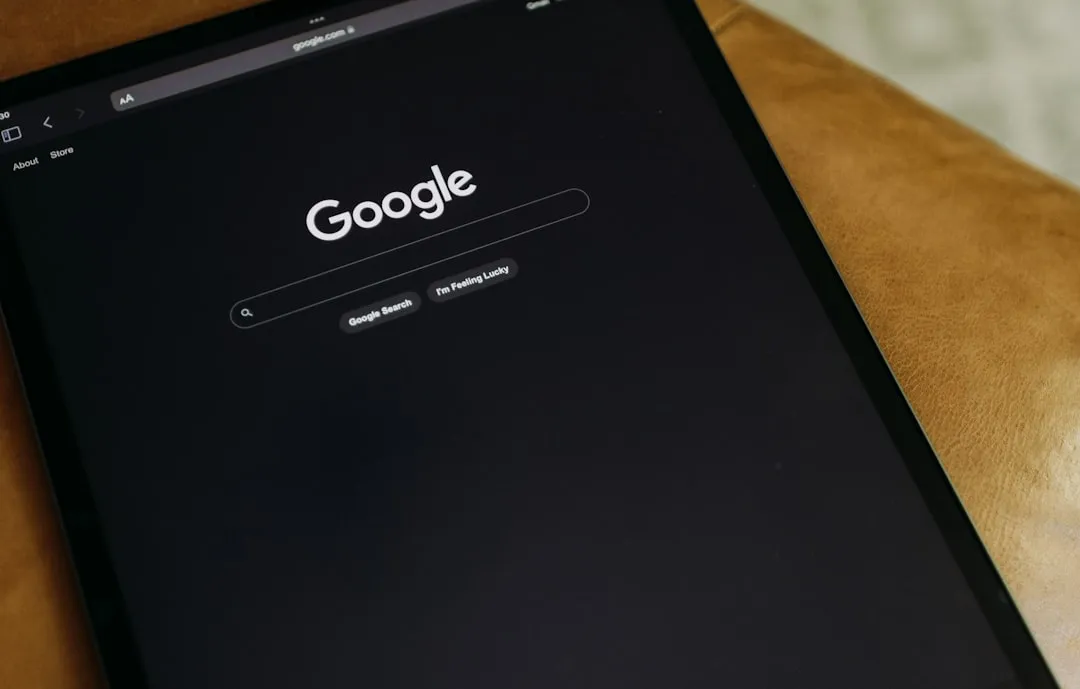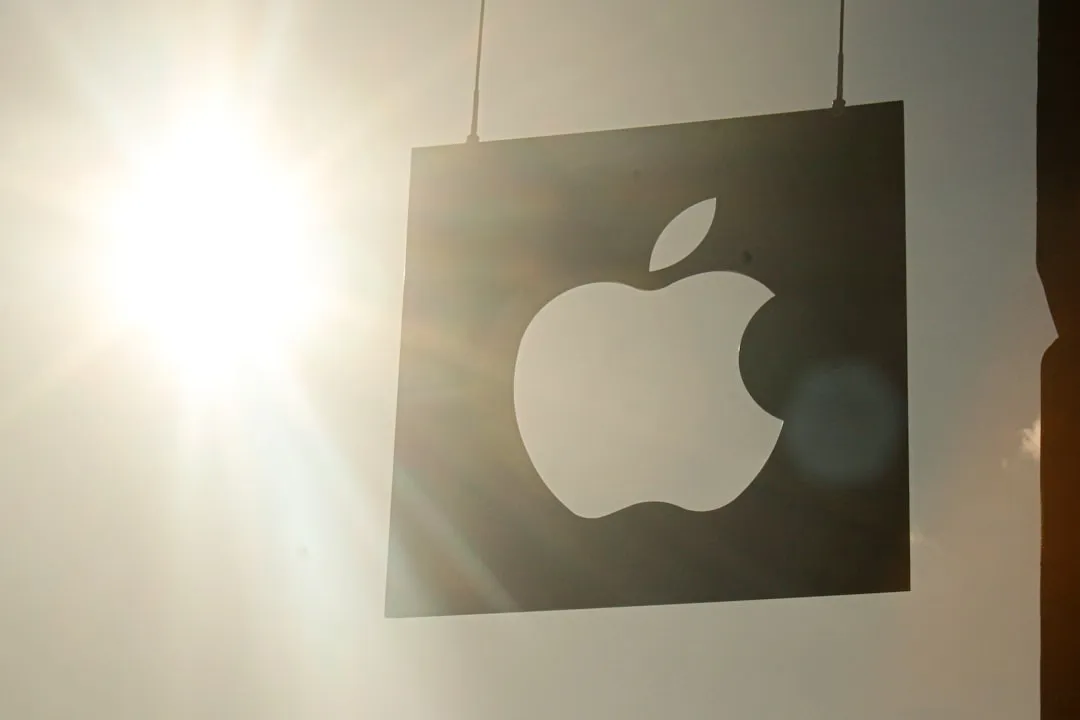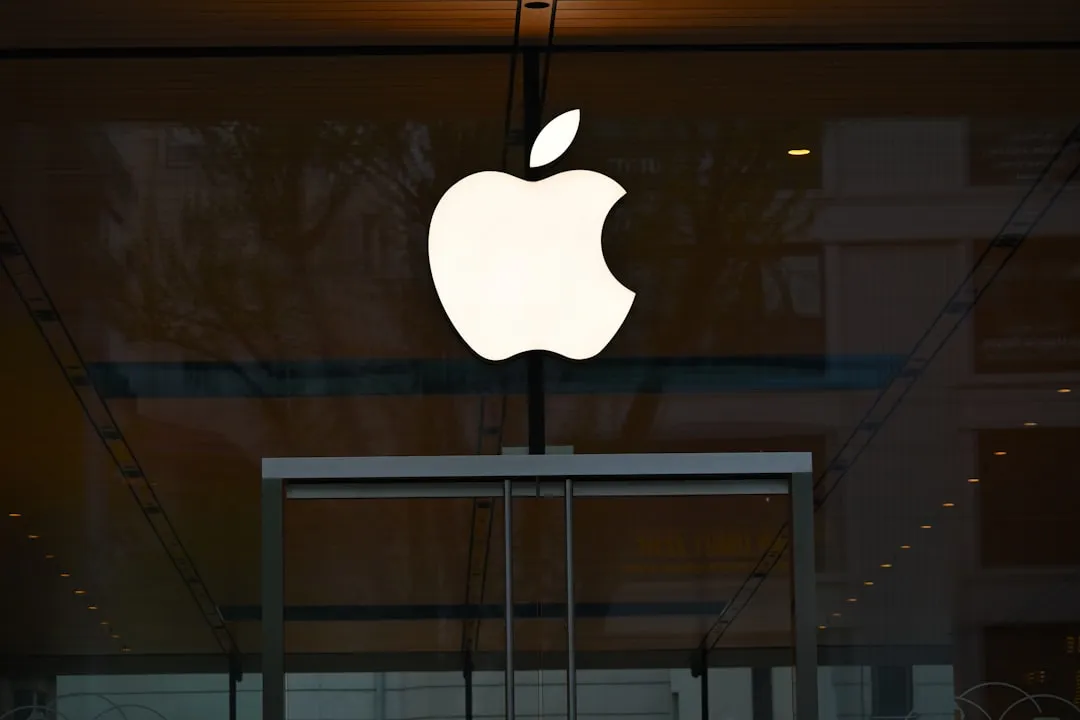The tech world is buzzing with Apple's latest salvo in its ongoing battle with European regulators. The company recently commissioned a study claiming to prove that the EU's Digital Markets Act fundamentally misses the mark on one of its central promises, reducing app prices for consumers. Not just corporate posturing, more like a calculated move in a sprawling regulatory showdown.
Apple's pricing study could shape that wave by challenging a basic assumption about platform competition. If regulators elsewhere see data showing reduced platform fees do not translate into consumer benefits, they may rethink similar mandates or shift to different metrics.
Europe has turned itself into a testbed for a model that prioritizes openness and interoperability over tightly integrated experiences. The legal fights ahead will decide whether that model can withstand empirical scrutiny. Apple, Google, and Meta are all either appealing or preparing to appeal fines and mandated product changes to the EU General Court (the EU's General Court, where gatekeepers have filed challenges), according to CEPA. The EU says it will not dilute the legislation and faces pressure to toughen enforcement, a recipe for more heat, not less.
The bottom line: A clash of visions
Apple's pricing study is more than a spreadsheet, it is a strategic weapon in a deeper argument about how digital ecosystems should work and whether regulation can actually improve outcomes. Apple presents the research as proof that EU assumptions are wrong. Critics will point to Apple's funding and ask whether three scenarios are enough to judge the entire DMA.
The methodological questions linger. Does the study capture the nuance of app pricing strategy? Do these scenarios represent typical conditions? Would a longer window change the story as developers adapt?
What is clear is that this fight will shape digital innovation, consumer choice, and platform competition for years, as noted by Gadget Hacks (Nov 12, 2025). The outcome decides whether Apple's vision of integrated, curated experiences or the EU's vision of open, interoperable platforms sets the tone for how we use technology.
The stakes go beyond quarterly numbers to questions about innovation, security, and consumer welfare in digital markets. If Apple convinces courts and regulators that key assumptions about platform competition are flawed, global rulebooks could change. If European regulators counter with evidence that forced competition delivers long term consumer benefits, similar approaches will spread. Either way, the precedent set here will define platform regulation for the next decade.

























Comments
Be the first, drop a comment!